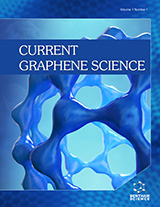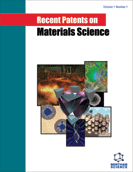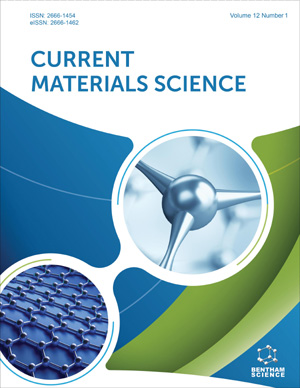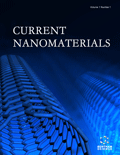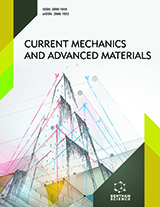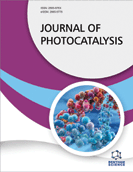Abstract
A new class of diagnostic and therapeutic tools for various diseases has been
made possible by advancements in polymeric nanoparticles as innovative
nanomedicines. Although there are many benchtop studies in the nanoworld, their
application to already marketed goods is still in its infancy. Problems with
nanomedicine characterization cause this lack of transference, among other things.
Three nanoscale characterization approaches may be distinguished: physicochemical
property characterization, biological interactions of nanomaterials, and analytical
characterization and purification procedures. Physical qualities may be assessed using a
variety of methods in many situations. Choosing the best appropriate method is made
more difficult by many advantages and disadvantages of each methodology; frequently,
a combinatorial characterization approach is required. Scientists from many domains
must find answers to the difficulties in reliable characterization of the nanomaterials
after their fabrication and various systematic stages.



